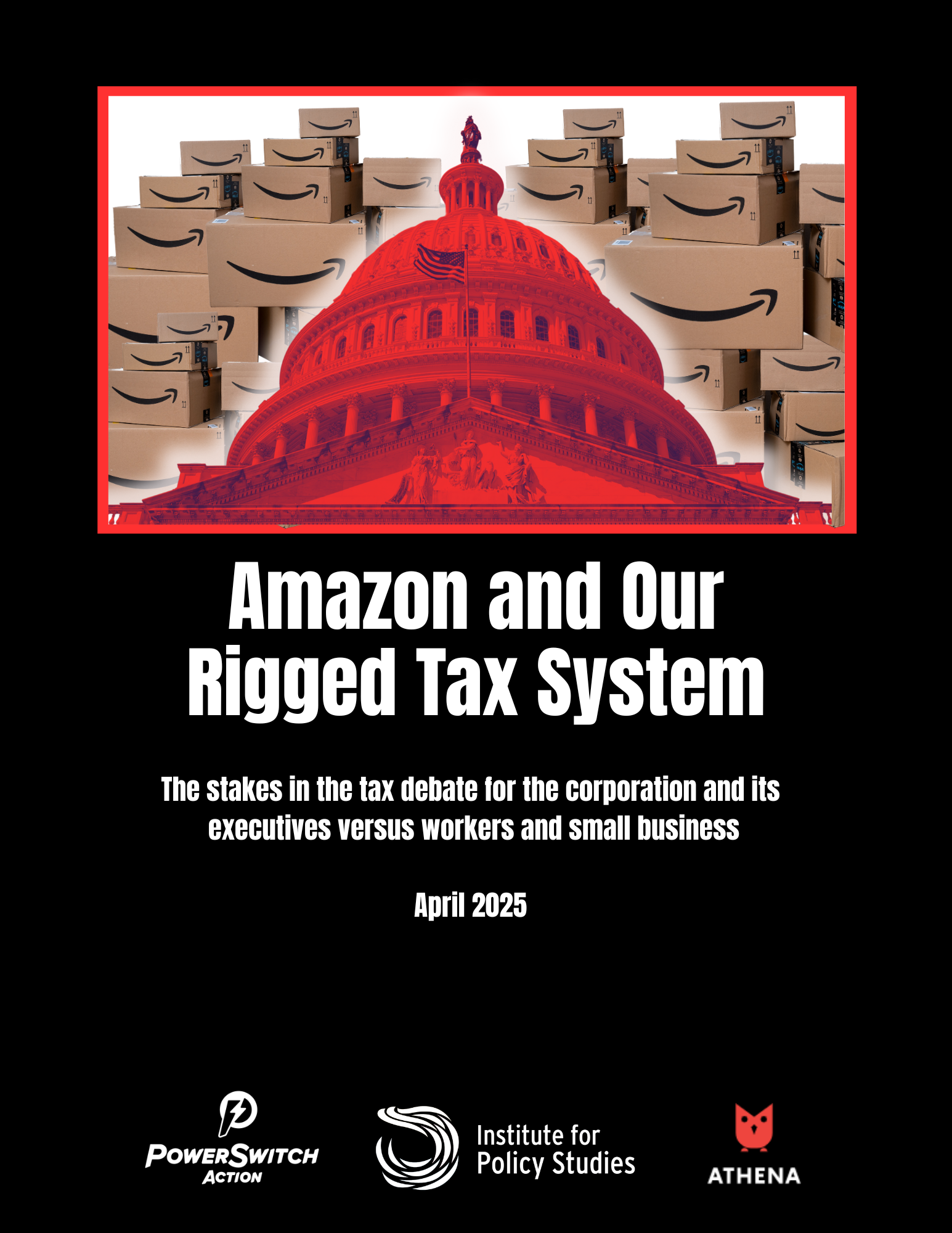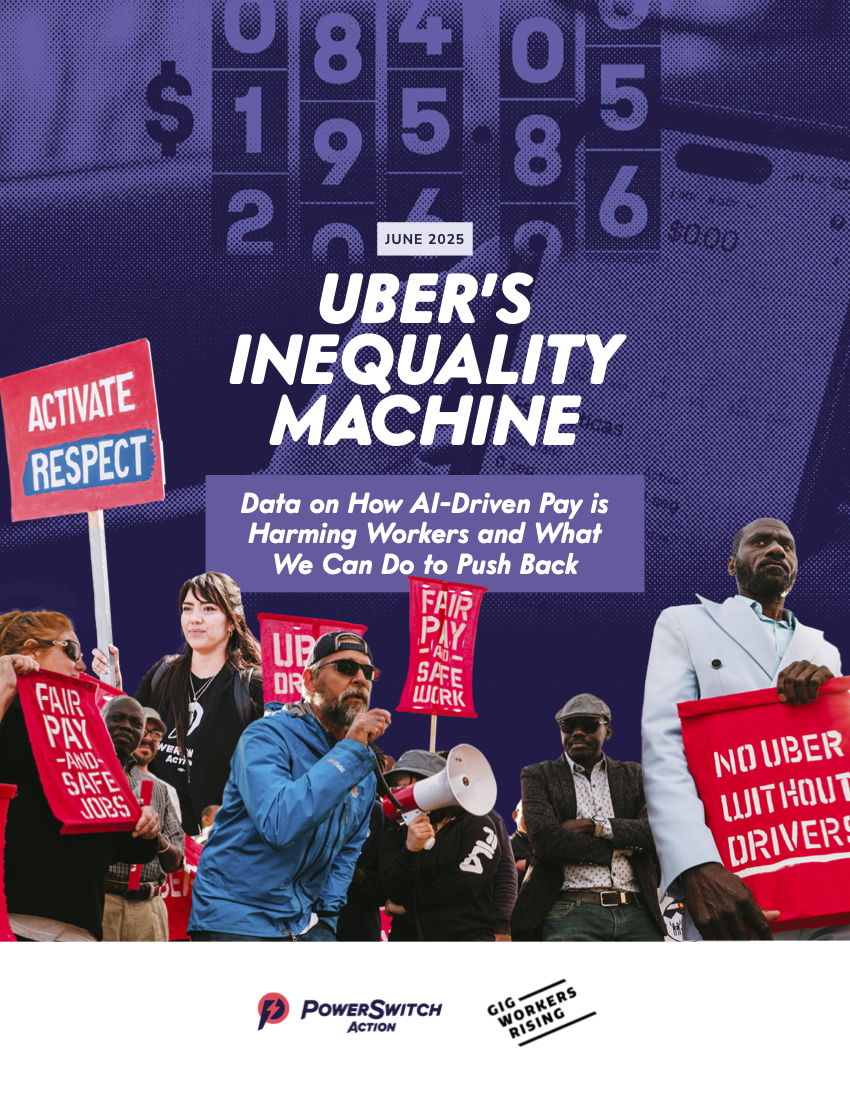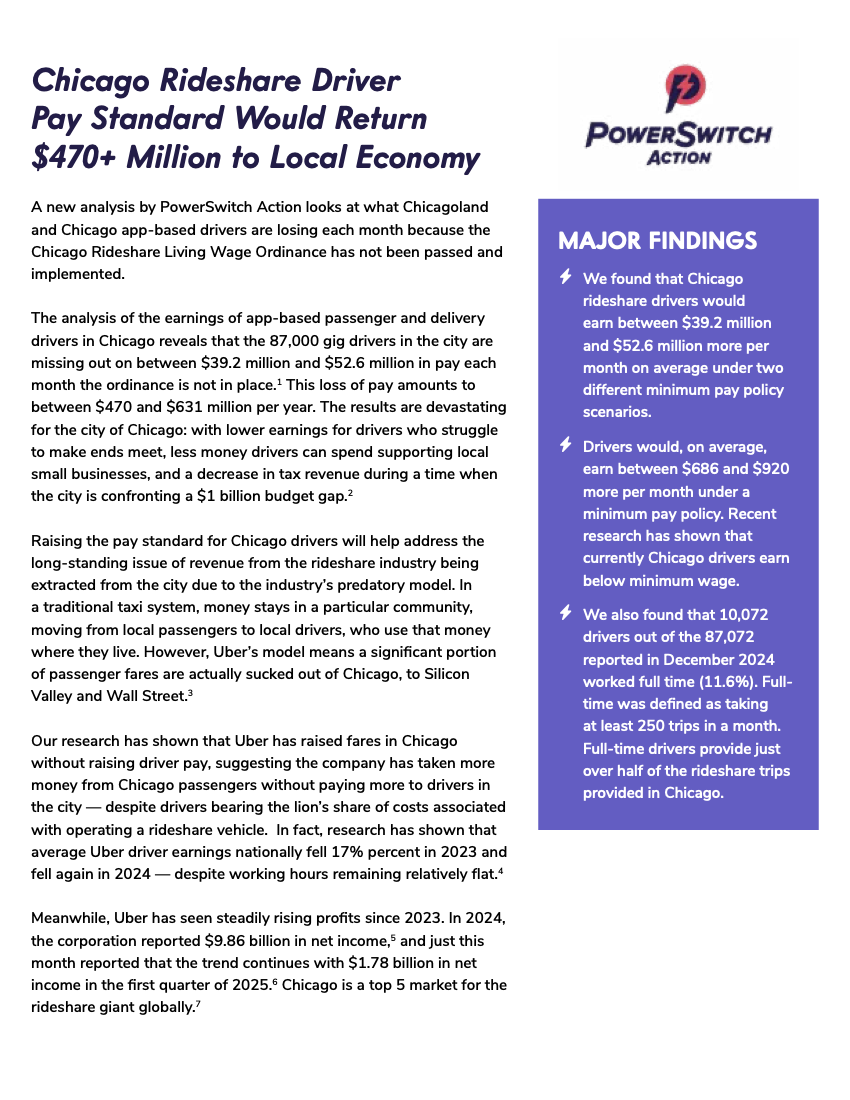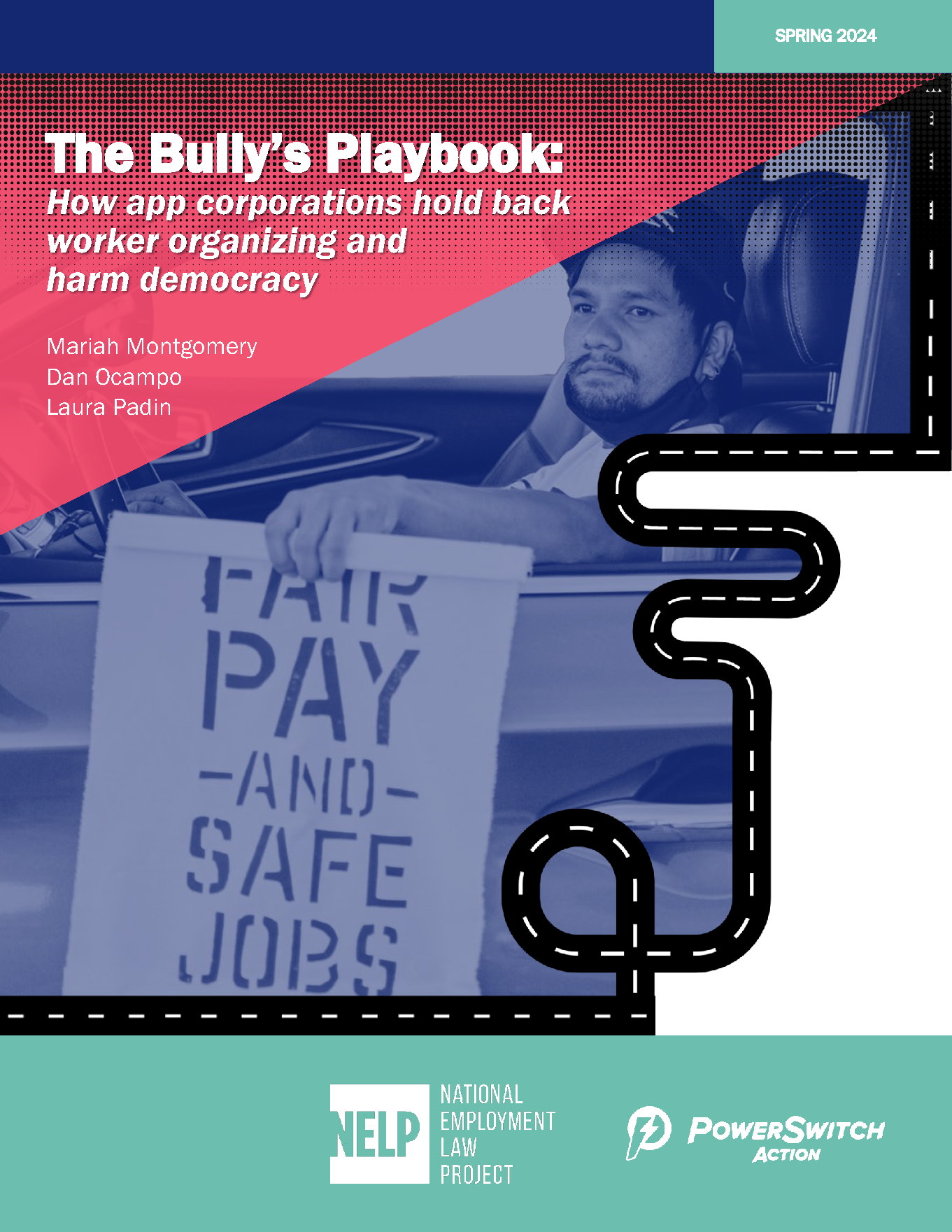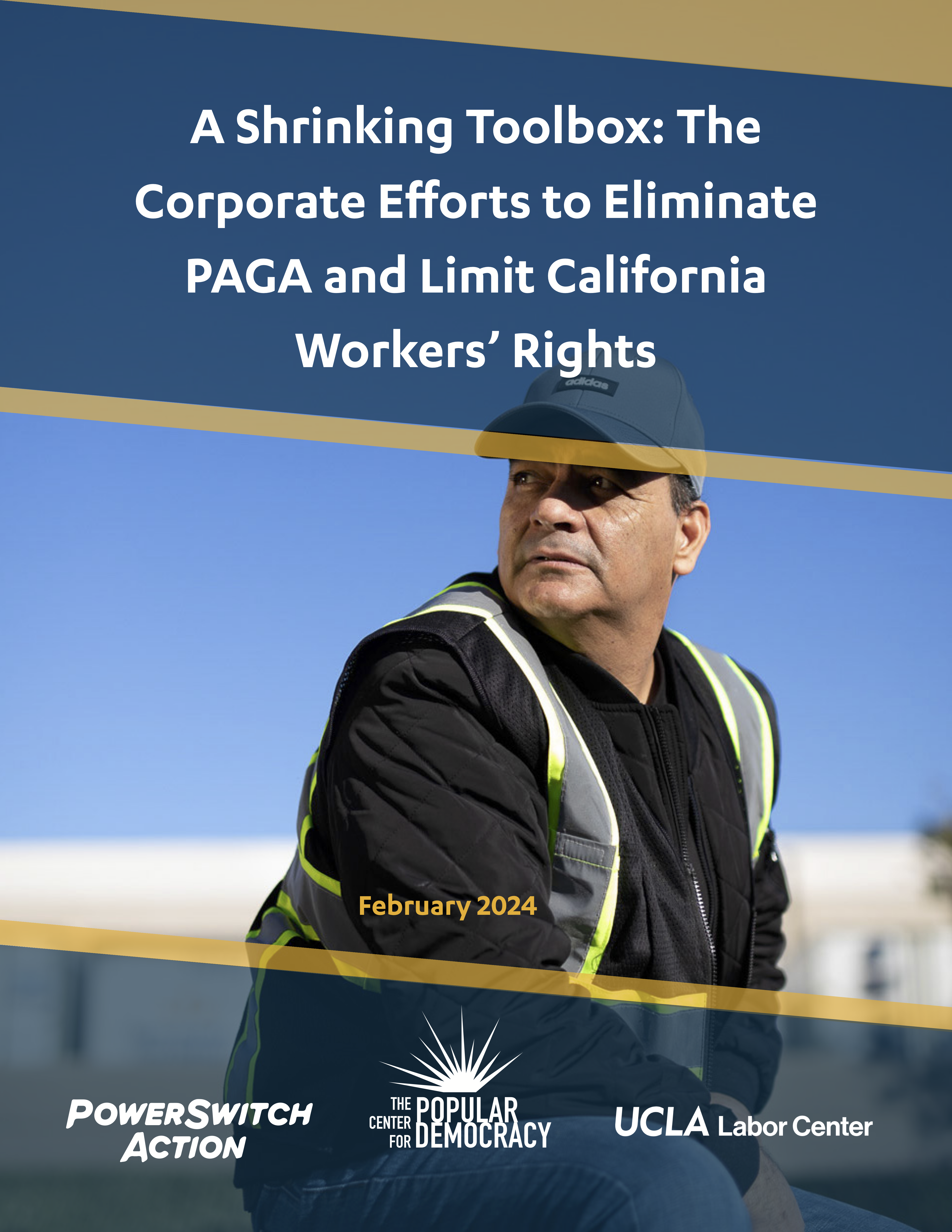This is a joint project of the Institute for Policy Studies, the Athena Coalition, and PowerSwitch Action. Sarah Anderson, director of the Global Economy Project and co-editor of Inequality.org at the Institute for Policy Studies, is the lead author.
Introduction
Throughout Amazon’s history, corporate tax advantages have been essential to the company’s rapid growth and increasing market dominance, as well as the exploding wealth of the e-commerce giant’s top executives. This report documents the additional ways that Amazon and its executives unfairly benefit from a rigged federal tax system that has long prioritized large corporations and wealthy executives over regular people.
Key Findings
- Amazon has benefited from loopholes and the slashing of the corporate tax rate. In 2018, Amazon actually recorded a negative federal tax rate, meaning the company pocketed more in credits and subsidies than it paid the IRS.
- Amazon founder Jeff Bezos enjoys huge windfalls from the capital gains tax double standard. Since the 2017 tax reform, Bezos has pocketed $36.6 billion in capital gains from selling shares of his company stock.
- Amazon CEO Andrew Jassy has saved nearly $7 million from the top tax rate reduction. This is due to the 2017 Tax Cuts and Jobs Act, which lowered the top marginal tax rate from 39.6% to 37%.
- Typical Amazon employees are losing out on tax breaks enjoyed by the rich. Of the 1.2 million employees participating in Amazon’s 401(k) program in 2023, 72% had zero balances, meaning they could not afford to put any money aside in these tax-sheltered investment accounts.
- Amazon workers pay more Social Security taxes than Jassy as a share of compensation. As a result of the fixed cap on Social Security payroll taxes, Jassy’s contribution to this vital program amounted to just 0.4% of his taxable compensation in 2024, while the median worker’s contribution came to 6.2% of their salary.
Explore the rest of the findings, methodology, and recommendations in the full report.
